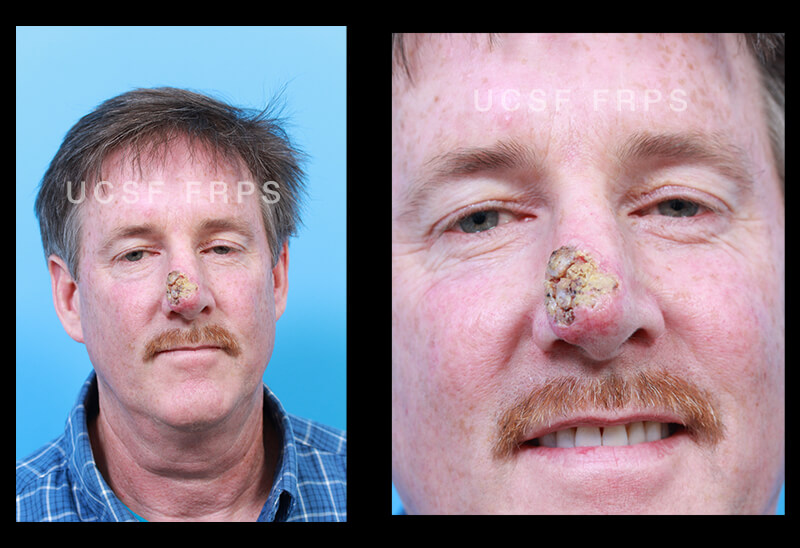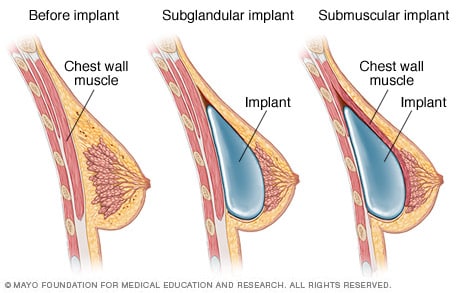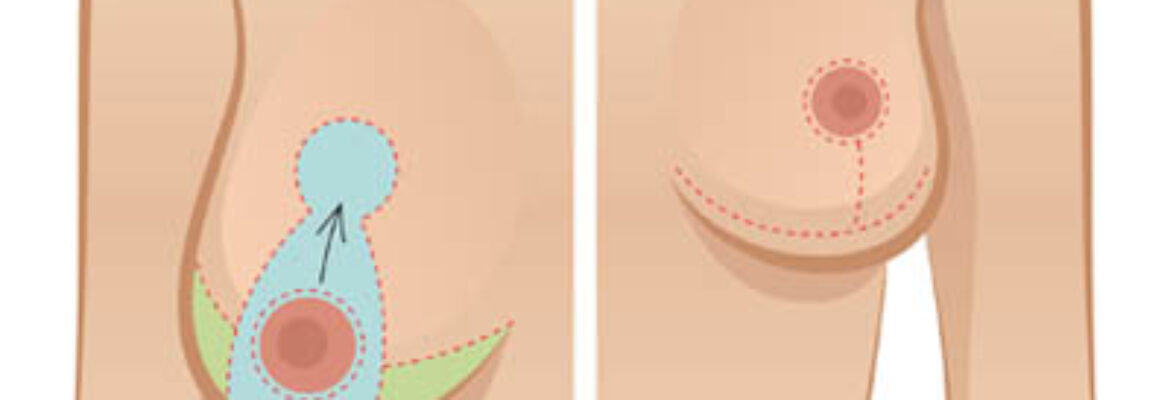
To get a better idea of the price of breast reduction surgery, you should consider your options. To help you assess the cost of breast reduction surgery, ask your surgeon to take pictures and provide details about your symptoms. Also, make sure to contact your insurance provider as soon as possible to discuss your options and your deductibles. You can avoid unpleasant surprises after surgery by being ready for the unexpected. You can find out what a breast resection costs by reading on.
The average cost of breast reduction in the U.S.
The average price of breast reduction surgery in America is about $5,000 to $12,000. However, this can vary greatly. These prices include the surgeon’s fee, facility fees and anesthesia fees. If you choose to have implants, these costs will also include the cost associated with the implant procedure. For patients with large breasts, these prices can be higher as they will require more work to remove excess tissue and reshape nipple. Ask about fees for travel, lodging and pre-op laboratory tests before you make your decision.
If it's deemed medically necessary, Medicaid or insurance will cover the cost for breast reduction. Medical necessity means that breasts have to be removed because they are associated with medical conditions. Ask your plastic surgeon about your specific insurance plan. Insurance companies often have specific requirements for the procedure, so it's best to talk to them before scheduling your surgery.

Variations in costs
A variety of factors affect the cost of a breast-reduction procedure, such as the amount and type of implants used. Pricing is affected by complexity and length of procedure. A capsulotomy involves removing scar tissue around an implant to reduce compression. Pricing will also depend on the type of implants that a woman uses. Health insurance may cover the procedure. Both males and women can have the procedure, but it is more expensive for those who are borderline.
An average breast reduction surgery cost is about $8,200. This price does not include prescription medication or pre-operative clearance. The final cost depends on the plastic surgeon, location, and experience level. To receive an accurate estimate before the procedure, patients are advised to consult with their surgeon. Many surgeons offer financing options for patients and waive the consultation fee. You should research the cost of surgery before you make a decision, regardless of whether you have insurance.
Insurance coverage
It is worth asking your insurance company if it covers breast reduction. Breast reduction surgery is covered by many insurance companies if there is medical necessity. Your family doctor and your plastic surgeon should provide medical documentation. Insurance companies will approve or cover a portion of your surgery if your condition is chronic. Here are some helpful tips to ensure insurance coverage for your procedure:
First of all, make sure that you check your insurance's coverage before undergoing the procedure. Most insurance companies won't cover breast reduction or cosmetic procedures. Breast reduction is not covered by most insurance companies. If you have a grave health problem related the size or shape of your breasts most insurance plans will cover it. The surgery may be covered if you have a large breast size.

Recovery time
Depending on the procedure, the recovery time after a breast reduction can last anywhere from two to six weeks. Everyone recovers at different rates. A sedentary worker may only require one week of work, while someone who is physically active might need two weeks. Many factors play into recovery, such as the patient's work and lifestyle. However, patients should be aware of how much time they will need to spend in bed.
After surgery, you should be able do light housework, as well as other activities such walking, within one week. The first few weeks will be most difficult, so plan accordingly. Use pain medications only as directed and limit your activity. Try to keep your head elevated during this time. Avoid strenuous exercise until at least six weeks after the procedure. Also, don't lift heavy objects like gallon jugs while you recover.